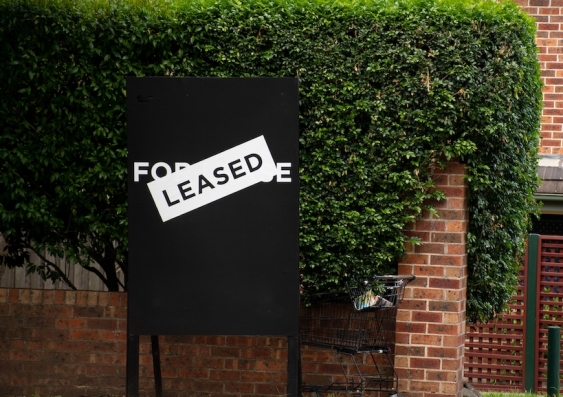Report highlights post-pandemic housing affordability pressures and rapid rent inflation
UNSW and ACOSS partnership launches an international review of housing and homelessness policies.
UNSW and ACOSS partnership launches an international review of housing and homelessness policies.

Estelle Jones
Kirby Institute Communications Officer
+61 (02) 9385 9987
e.jones@kirby.unsw.edu.au
A new report released today from the UNSW Sydney and Australian Council of Social Services (ACOSS) Poverty and Inequality Partnership compares the impacts of the COVID-19 pandemic on housing and homelessness in Australia with seven other case study countries.
focuses on the experiences of Australia, Canada, Germany, Ireland, New Zealand, Spain, the UK and the US.
The report’s lead author Professor Hal Pawson, Associate Director of , said studying this range of countries gives the opportunity to compare similar jurisdictions with a variety of housing regimes and national governance systems.
“Just as in most other countries in our study, Australia’s emergency income protection and also housing policy measures triggered by the pandemic went well beyond what anyone would have previously imagined,” Prof. Pawson said.
“For a brief moment, we had a tantalising glimpse of cities with street homelessness greatly reduced and a rental housing market where evictions were drastically cut. But since the experience has prompted virtually no permanent reforms of social security or rental housing regulation, governments appear to have resisted learning lessons from the episode.”
The study found that all the countries followed similar paths in the early stages of the COVID-19 pandemic by providing emergency income support, along with more direct housing and homelessness interventions. These temporary actions helped to avoid the housing market disorder, mass insecurity and homelessness which were widely anticipated everywhere at the start of the crisis. It also meant vulnerable tenants and homeless people were protected.
When the initial moratoriums on rent increases and evictions were lifted, nearly all the countries reviewed experienced rapidly accelerating rent inflation – at rates higher than anything experienced over the previous decade. In Australia, the UK and US, 2021 rent inflation reached levels unseen since the 2008 Global Financial Crisis (GFC).
With house prices also having risen sharply during the crisis in most of the researched countries, the report says housing affordability pressures are now generally even more acute in 2022 than when COVID first hit. This was after a decade when Australia – like most of the other countries reviewed – had already seen intensifying rental housing stress.
Read more:
Regional rents in Australia are now 18 per cent higher than two years ago, at the start of the COVID-19 pandemic, according to the report. It concludes that regional rental housing affordability has significantly worsened during the public health crisis, given that wages have only risen by 6 per cent.
Soaring regional rents are compounding financial stress for many people on low incomes or receiving income support payments, according to Dr Cassandra Goldie, ACOSS CEO.
“Regional rents are rising at rates far above the national average yet are only indexed to capital city rents. This means regional renters on social security will be facing cost of living hikes well above their CPI-linked benefit increase.
“With private rentals already in short supply before the recent devastating floods, soaring rents and a severe shortage of social housing options, we’re in the middle of a renting crisis in many parts of regional Australia. In flood-affected areas, it’s clear the rental market cannot house the families on low and middle incomes who have been made homeless temporarily – the real concern is that this then becomes permanent,” Dr Goldie said.
“But COVID and the floods are only aggravating a national rental problem that has been building for years. After a decade of Commonwealth neglect on social housing we badly need a major national building program that starts to remedy this, with a sizeable part of the investment going to the regional centres facing the greatest stress.”
Dr Chris Martin and Dr Fatemeh Aminpour from City Futures Research Centre, Professor Kenneth Gibb from the University of Glasgow and Dr Chris Foye at the University of Reading co-authored the report. It is supported by Mission Australia, National Shelter and Queensland Shelter and is the third from this research project looking at the impacts of the COVID-19 pandemic on housing and homelessness in Australia during 2020 and 2021.
Read the��report.